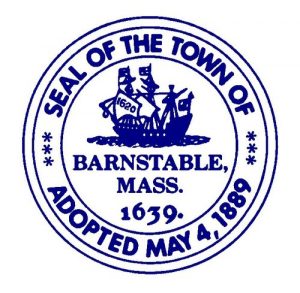
Photo courtesy of Alexius Horatius
HYANNIS – A year after legislation passed in California to allow ride sharing companies such as Uber and Doordash to classify their workers as independent contractors, state lawmakers, interest groups and organizations are debating a similar bill being considered in Massachusetts.
Proposition 22, which created an exemption negating California laws requiring drivers with such organizations to be classified as employees, was at the center of a campaign which saw record breaking sums of cash raised by Ride sharing companies in support of it, ultimately passing with a 59% vote.
A recent meeting by the Flexibility & Benefits for Massachusetts Drivers Committee saw several drivers from California voice their support for the measure, citing flexibility as an important reason.
“Our definition of flexibility is completely different from those who think we should be forced into an employee model,” said Lydia Olsen, an Uber Driver from California, “we don’t want schedules, we don’t want to fight for shifts, we don’t want to be capped on how we work, or where we work, or when we work.”
According to a poll of California ride share drivers, 88 percent believed Prop 22 had been good for them.
Others, however, have voiced concerns with the adoption of similar measures in Massachusetts, citing concerns for the rights, legal protections and benefits for workers in the ride share industry, with Senator Elizabeth Warren, the Coalition to Protect Workers Rights, and other organizations and union groups voicing their opposition to the measure.
“The ballot language from Uber and Lyft is a $100 million ploy to avoid paying taxes, avoid paying workers fairly, and allow Big Tech companies to buy their way out of the basic obligations of every other business,” said Beth Griffith, a Massachusetts Uber Driver and spokesperson for the Coalition to Protect Workers Rights, in a statement in August.
Concerns have also been raised about the effect such exemptions could have on other industries, with similar tactics used recently in hotel and grocery stores in California, where supermarket chain Albertsons laid off hundreds of employees in favor of independent contractors following passage of Prop 22.
In July 2020, Attorney General Maura Healey sued Uber and Lyft, alleging that app-based drivers are being illegally deprived of benefits because of their classification as independent contractors.
Citizens of Massachusetts will vote on whether to approve the initiative in November 2022.
By, Matthew Tomlinson, CapeCod.com NewsCenter
























